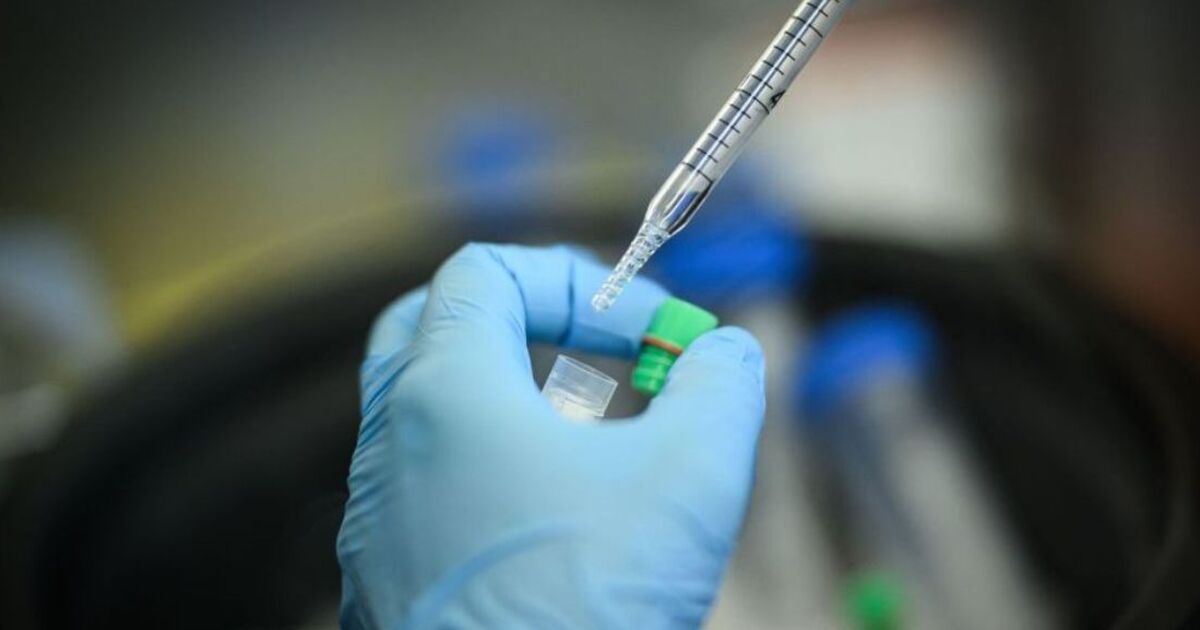Scientists have been given the go-ahead to create thousands of doses of a new potentially groundbreaking lung cancer vaccine for people at high risk of the disease.
Experts at the University of Oxford and the Francis Crick Institute and University College in London are using technology similar to that used in the Oxford-AstraZeneca vaccine which was rolled out to combat the spread of Covid.
The first-of-its-kind jab – called LungVax – works by using a strand of DNA to train the immune system to recognise certain “red flag” proteins found in lung cancer cells, known as neoantigens, and destroy them.
Using up to £1.7m in funding given by charities, Cancer Research UK and the CRIS Cancer Foundation, it is planned the team will manufacture 3,000 doses of the vaccine.
In the UK, lung cancer is the third most common form of the disease but the most deadly, causing more than 34,000 deaths every year.
The majority of these (72 percent) are caused by smoking.
It is believed the creation of LungVax provides a “really important step forward” into cancer prevention in the future.
Michelle Mitchell, chief executive of Cancer Research UK, said: “The science that successfully steered the world out of the pandemic could soon be guiding us toward a future where people can live longer, better lives free from the fear of cancer,” she said.
“We’re in a golden age of research and this is one of many projects which we hope will transform lung cancer survival.”
It is planned that a clinical trial will be conducted if the vaccine successfully triggers an immune response in a lab setting.
This could then lead to bigger trials for people at high risk of the disease.
Trails could target high-risk people such as those aged 55-74 who currently smoke or have previously smoked.
Professor Mariam Jamal-Hanjani of UCL and LungVax trial lead, said: “Fewer than 10 percent of people with lung cancer survive their disease for 10 years or more. That must change.
“This research complements existing efforts through lung health checks to detect lung cancer earlier in people who are at greatest risk.”
She said the vaccine has the potential to cover around 90 percent of all lung cancers, based on early predictions.
“LungVax will not replace stopping smoking as the best way to reduce your risk of lung cancer,” she added.
Lola Manterola, president of the CRIS Cancer Foundation, called the study “groundbreaking” as it represents a firm step towards preventing cancer.
Without a vaccine it is predicted lung cancer death rates in the UK could rise to 41,500 every year by 2038-2040.
According to the NHS, there are usually no signs or symptoms in the early stages of lung cancer, but many people with the condition eventually develop symptoms including:
- A persistent cough
- Coughing up blood
- Persistent breathlessness
- Unexplained tiredness and weight loss
- An ache or pain when breathing or coughing.
You should see a GP if you have these symptoms.










